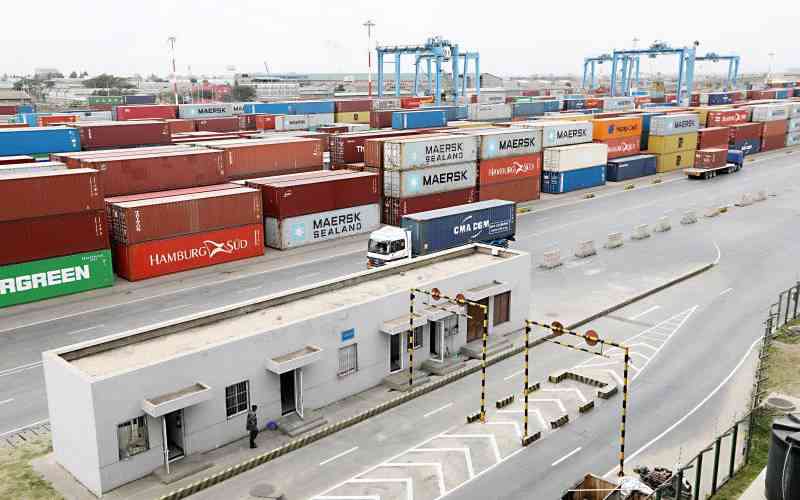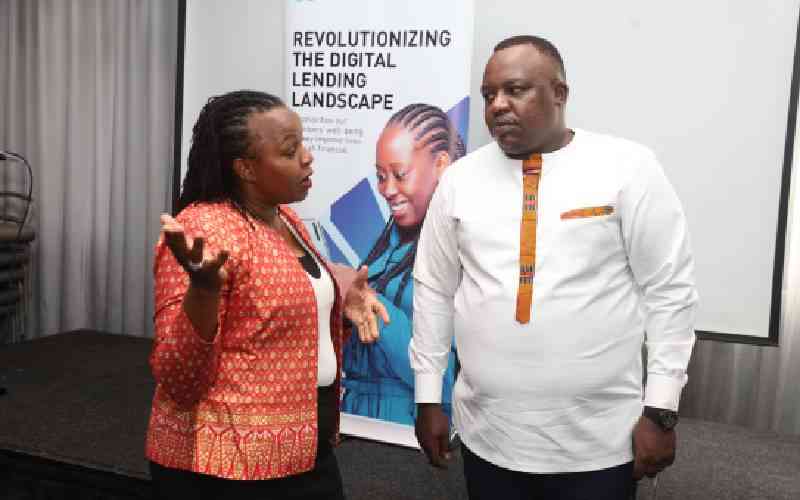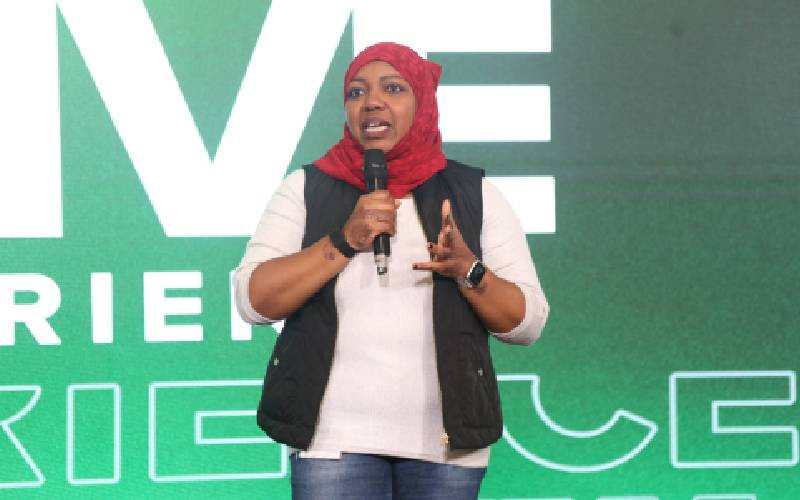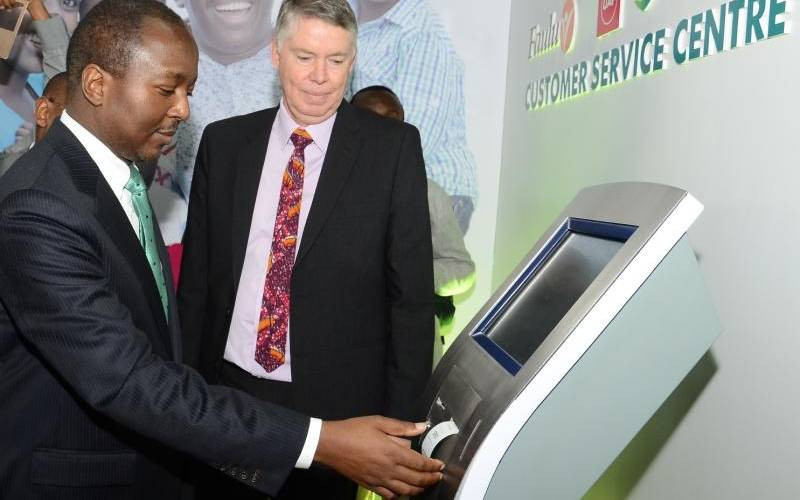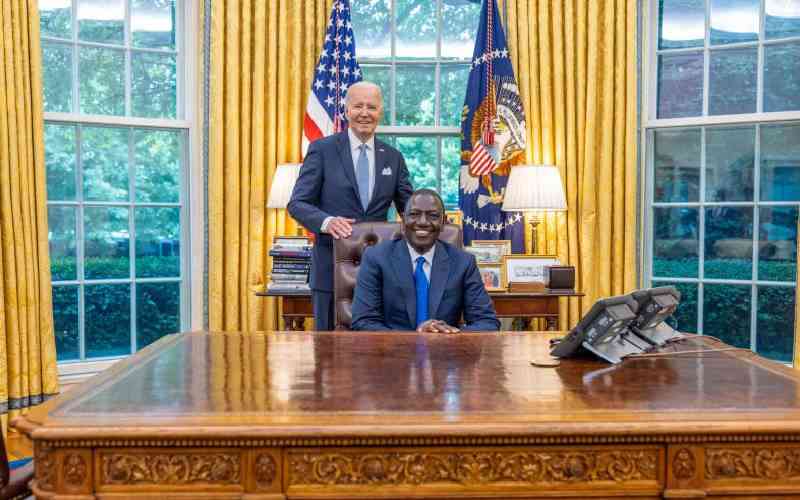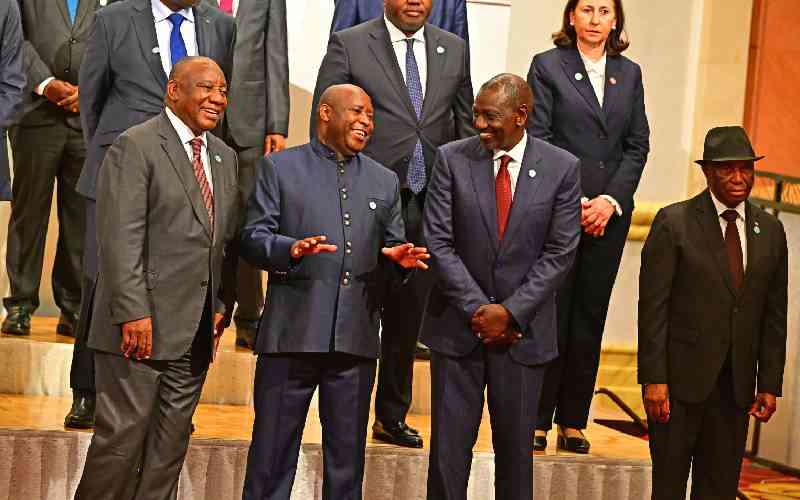
Kenya stands at a crossroads in shaping the future of its digital asset economy.
On one hand, there is a pressing need to meet global standards on anti-money laundering and counter-terrorism financing.
On the other, there is an equally urgent responsibility to create an enabling environment for innovation, especially for youth-led startups and homegrown fintech innovators.
The danger we face is prioritizing regulation for compliance’s sake while overlooking the opportunities for growth.
For young innovators, competing against multinational exchanges with deep pockets and established footprints is already a daunting task.
Without deliberate support, their creativity risks being drowned out in a space dominated by bigger players.
Technically, Kenya is ready for digital asset integration. APIs, payment rails, and fintech infrastructure are already in place.
Local banks, such as Standard Chartered, have been quietly piloting blockchain-based solutions. Others are likely experimenting in private, held back only by restrictive policies that discourage open participation.
Once those barriers are lifted, the potential for collaboration between traditional banks and digital platforms could be immense.
But the real challenge is not infrastructure—it is capacity and vision. Regulators need stronger technical literacy to oversee decentralized systems that are intentionally designed to resist centralized control.
Policymakers, meanwhile, must resist the temptation to focus solely on taxation and heavy compliance frameworks.
Doing so would only push innovators to friendlier jurisdictions, undermining Kenya’s ambition to be a regional technology leader.
The way forward lies in collaboration.
Partnerships between large international players and smaller local innovators could bridge legacy financial systems with the emerging Web3 ecosystem.
Stay informed. Subscribe to our newsletter
Kenya’s entrepreneurs are ready, the technology is ready, and the global market is waiting. The only question is whether our regulatory approach will unlock this opportunity—or lock it away.
Roselyne Wanjiru, a Nairobi-based Web3 educator and blockchain research analyst.
